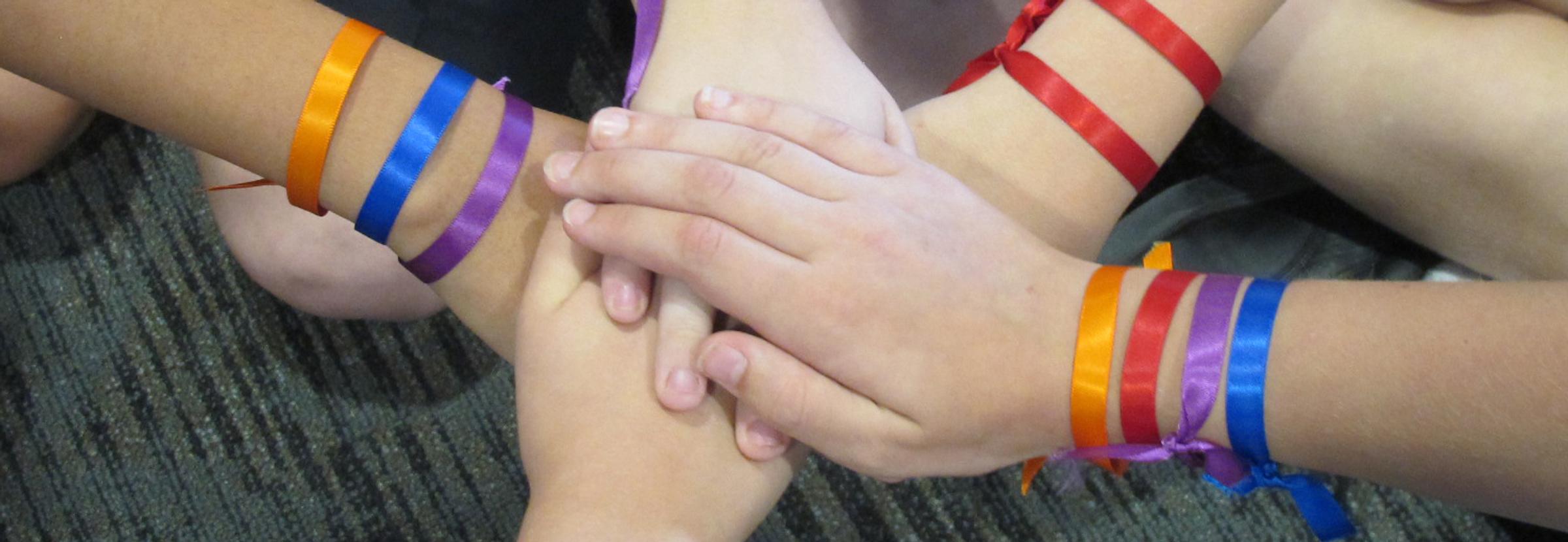From the Management Team

Recently I watched the movie Braveheart. While watching, I got thinking about how hard their lives were in that era – how violent and just difficult life must have been. How there was so much wrong and sin done against people and how hard it was to fight back and do right by themselves and others. It is a pretty intense movie in lots of ways and even though not chronologically factual, certainly the characters portrayed were real people and I am sure some of the scenes in the movie would have been pretty close to what it was like in their time.
While watching – this got me thinking about a book that I have read that is based around violence and sin against humanity but also about grace and forgiveness during harsh times. The book is called “LEFT TO TELL” and is written by Immaculee Ilibagiza, is a survivor of the 1994 Rwandan holocaust. This book has certainly stayed with me, challenged me and deeply impacted me ever since I read it many years ago.
Immaculee was a young Tutsi woman who hid in a bathroom that was 3 feet wide by 4 feet long with 7 other women for 91 days of the 100 day massacre. The bathroom had a toilet and a hand basin in the room and they took it in turns to stand and sit day and night. Every now and then the Hutu pastor who was hiding them, let them out of the bathroom at night for a few hours where they would lay on the floor to stretch. The Hutus that were out to kill them knew that these women had gone into the house and were sure they were being hidden there, as no one had seen them leave, so they kept coming back at various times to try and find them, but in particular trying to find Immaculee.
Immaculee's story, is I think, an important one – it addresses both the best and the worst aspects of our humanity – she is an example of the undefeatable human spirit – a little bit like William Wallace in Braveheart. She once said “being spared is much different from being saved and this lesson forever changed me. It is a lesson that, in the midst of mass murder, taught me how to love those who hated and hunted me and how to forgive those who slaughtered my family.”
This story to me is one of saints and sinners – that she was sinned against and yet was able to forgive. The man that was calling her name was the man that killed her family and she knew him – she had played with his children. When she met him face to face after the war, she wept at the sight of his suffering – “that he was now the victim of his victims, destined to live in torment and regret”, she said. Through her faith, and I am sure with knowledge of verses such as Galatians 6:1 if another believer is overcome by some sin, you who are godly should gently and humbly help that person back onto the right path. She actually held his hand and told him that she forgave him.
Initially I thought this all sounded a little dark and gloomy, but others have said that it is more a story of hope. I think we just have to be continually challenged on our behaviours, to make a positive difference in our lives and in the lives of others– and be more like saints than sinners through our actions, and that we learn from the stories like fighting for freedom.
Karen Kesby
Director of Senior Years
